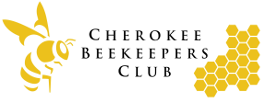
A key innovation was the commercial licensing of neonicotinoid insecticides for the crop in the UK in 2002. Seeds are coated with the chemical and every part of the plant becomes toxic to pests.
Manufacturers hailed the development as a major advance, reducing the need for leaf spraying with other insecticides. Around 85% of the oilseed rape crop in England now uses this method for pest protection.
Read more here:
